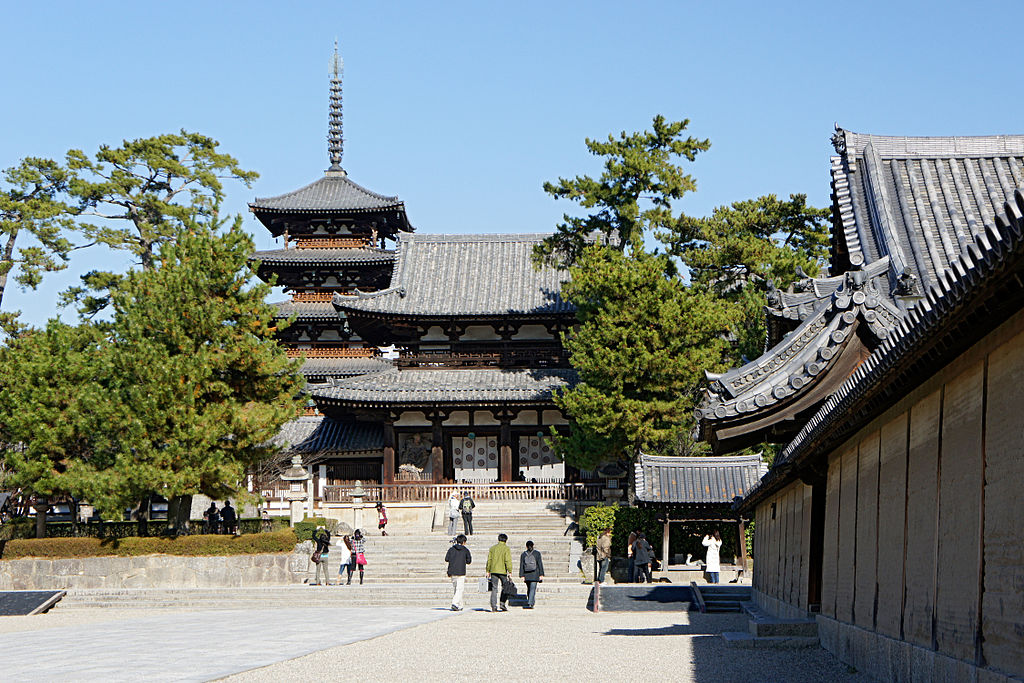Money¶
Japan is EXPENSIVE, and everyone is interested in how to hold on to your shekels or dinero or zlotys or whatever it is that you use. There is a book which you should definitely consider purchasing. Japan Money Matters (BWC Books, ¥1200), by Robert Imrie, is an easy-to-read introduction, with info on everything from home insurance to Japanese stocks. We can’t print the whole book for you, sorry!
Bank and postal accounts¶
Your supervisor should help you to get a bank account during your first few days. Make sure you ask for a cash card—not all JETs got them automatically. Also, inquire about automatic salary deposits into your account.
In addition to your bank account, you can get an account at the post office. It can be convenient to have some money stashed away in these accounts, because there are post office cash machines all over the country. Post Office accounts also offer slightly higher interest rates than banks.
Why the *@#! are the ATMs all closed?¶
Japan is a modern country, right? So why do the bank machines close all the time (usually just when you need them)? There are several theories (none of which involve the grassy knoll or Elvis): The big banks all got cash machines and wanted to go on-line 24-hours, but the little banks got together and complained that they’d be shut out of business. After intense negotiations, it was decided that the big banks would only open during certain hours until the little banks all got cash machines, and then they’d all go 24-hour together. …That’s the story anyway. Another theory is that yakuza were reportedly knocking off the bank machines, drilling into the cash boxes. Another theory is that the government just doesn’t want to encourage too much consumption. You can believe any of these, or make up your own fanciful explanation.
Sending money home¶
You’re here in Japan, making lots of money, and you’re starting to wonder how to send some of it back to pay off your student loans, or put into savings, or whatever. You could go to a bank, wait an hour-and-a-half, fill out a half-dozen forms, watch EVERY SINGLE employee of the bank put his or her stamp on each form, and then get charged ¥4500 for the transaction. You could, but do you really want to? Search deep within your soul for the answer to that question.
There is a better way: the gaikoku kawase. Gaikoku kawase is an international money order that you get at the financial counter at the post office. Once you get across what you want, you may be told to go to the main branch in your area. A “No” in Japan means that the person doesn’t know how to deal with the situation and doesn’t want to admit it, but doesn’t want to lose face. Be pleasant and patient, and remember that the staff may not have ever had to deal with this before and are probably going back to check the manuals while you wait, but nevertheless don’t give up after only one “No.”
The procedure goes like this: ask for “gaikoku kawase” and specify which country you’re sending money to and what currency you want. You’ll get two forms: one is carbon and you write the sender’s and recipient’s addresses, the purpose of the transaction, and the amount. This is the receipt—keep it until you are certain the money has been received. The other form is the actual money order. Sometimes they’ll type it, sometimes you’ll have to write it yourself. You can make out a gaikoku kawase to an individual or a company. It costs ¥1000, or ¥500 if you’re going to mail it through that post office.
Kanji for bank & post office cash machines¶
ATMs¶
Once you’ve got the money order, you can send it any way you wish. It’s best to send it registered mail—only a few hundred yen extra. Bring your own envelopes!
The financial counter closes earlier than the regular postal counter, so make a note of the closing time.
Payin’ the Bills¶
Every month you will receive in the mail or via a bill-collector, various kinds of utility bills including telephone, electricity, gas, water and NHK. You can pay these at any bank or post office and often at your local convenience store. The bill collector at the door, of course can be paid directly in cash. However…
The easiest way to handle all of these little annoyances in the jido furikae system in which an automatic transfer, furikomi, is made each month from your bank account. The utilities companies will provide you with the necessary forms. Copies of the bills will be sent to you each month just for your reference.
Some utilities, such as sewage, can not be paid using the furikae system, and you’ll have to pay cash. If you’re not there when they come to “collect,” leave some money with your next-door neighbor every month and be really nice to them, and they’ll help you out.
